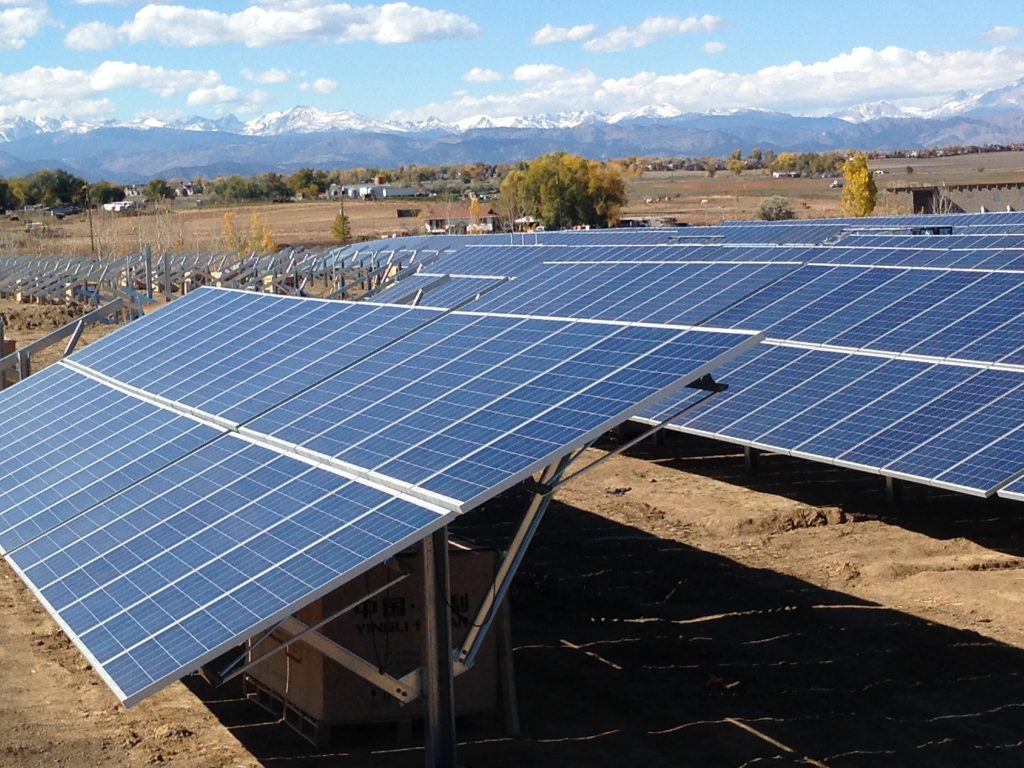
SJF Updates Portfolio Carbon Impact Model
SJF is pleased to share updated results as of year end 2019, as well as additional improvements made to the modelEach year, SJF Ventures completes an update to its Portfolio Carbon Impact Model, a measure of its portfolio companies’ continued impact in mitigating carbon dioxide emissions. The carbon impact study was an SJF initiative started in 2016 to standardize and aggregate carbon dioxide impacts using both portfolio company data and third-party scientific research.
SJF is pleased to share its updated results as of year end 2019, as well as additional improvements made to the model and its ability to account for emissions.
In 2019, SJF Ventures portfolio companies helped mitigate over 2.78 million metric tons of carbon dioxide, equivalent to taking 602,247 cars off the road for one year or planting 44 million trees.
As a truly dynamic tool, SJF’s carbon model is adapted over time to reflect updates in scientific research and growing commitments to sustainability, data collection, and reporting by portfolio companies. The 2019 portfolio carbon mitigation results noted above include the following updates to SJF’s model.
Living Earth is a leading composting and organic material products company, operating in both Texas and Tennessee. The company’s 32 facilities collect yard waste, tree trimmings, and other organic materials from landscapers, residents, and municipal collections, providing a more sustainable and cost-efficient option for disposing materials than in local landfills. The collected organic waste is ground, mixed, and composted to produce a range of soil mixes, organic amendments, mulches, and composts that are resold to landscapers, retailers, and residents. In updating the carbon model this year, SJF took a closer look at the literature supporting the carbon emissions factors for composting and mulching that had been used historically, leading to an update of emissions factors for 2019. Other components of the model were also refined based on more detailed reporting from the company. Taken together, this led to a meaningful increase in total metric tons of carbon dioxide avoided by the company’s model.
ENTOUCH Controls provides SaaS-based energy management systems for retail and restaurant chains that deliver immediate energy savings and an ROI to users. ENTOUCH’s commitment to sustainability reporting enabled a significant reevaluation of its carbon model, as new data pertinent to energy savings per site became available. These adjustments equated to a significant increase in the reporting of total metric tons of carbon dioxide mitigated by ENTOUCH via its energy savings results.
Finally, changes in portfolio company data collection and reporting also enabled refinement of carbon dioxide mitigation estimates for both BioSurplus and HYLA.
Original citations and resources about this model and methodology can be found in the original publication about the project. The calculation of carbon emissions mitigated is not a complete greenhouse gas accounting exercise, but rather an attempt to provide gross carbon mitigation amounts from portfolio companies’ primary business operations. The methodology employed follows standard industry practices and reports total impact for the portfolio company, not a pro rata contribution based on SJF’s ownership stake. SJF accounts mitigation during the time in which SJF has a direct stake in a portfolio company, as well as during the earnout period for an exited company. The study accounts for 100% of a project or product’s impact, although a portfolio company’s work may be only a component of a larger project or system.
SJF portfolio companies included in the carbon impact model:
- BioSurplus
- Community Energy
- ENTOUCH Controls
- groSolar
- HYLA Mobile
- Living Earth
- NEXTracker
- Novinium
- TemperPack
- TransLoc
A special thanks to SJF Venture Fellow Michelle Moglia for her contributions to the 2019 carbon model updates.